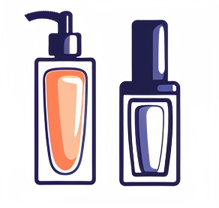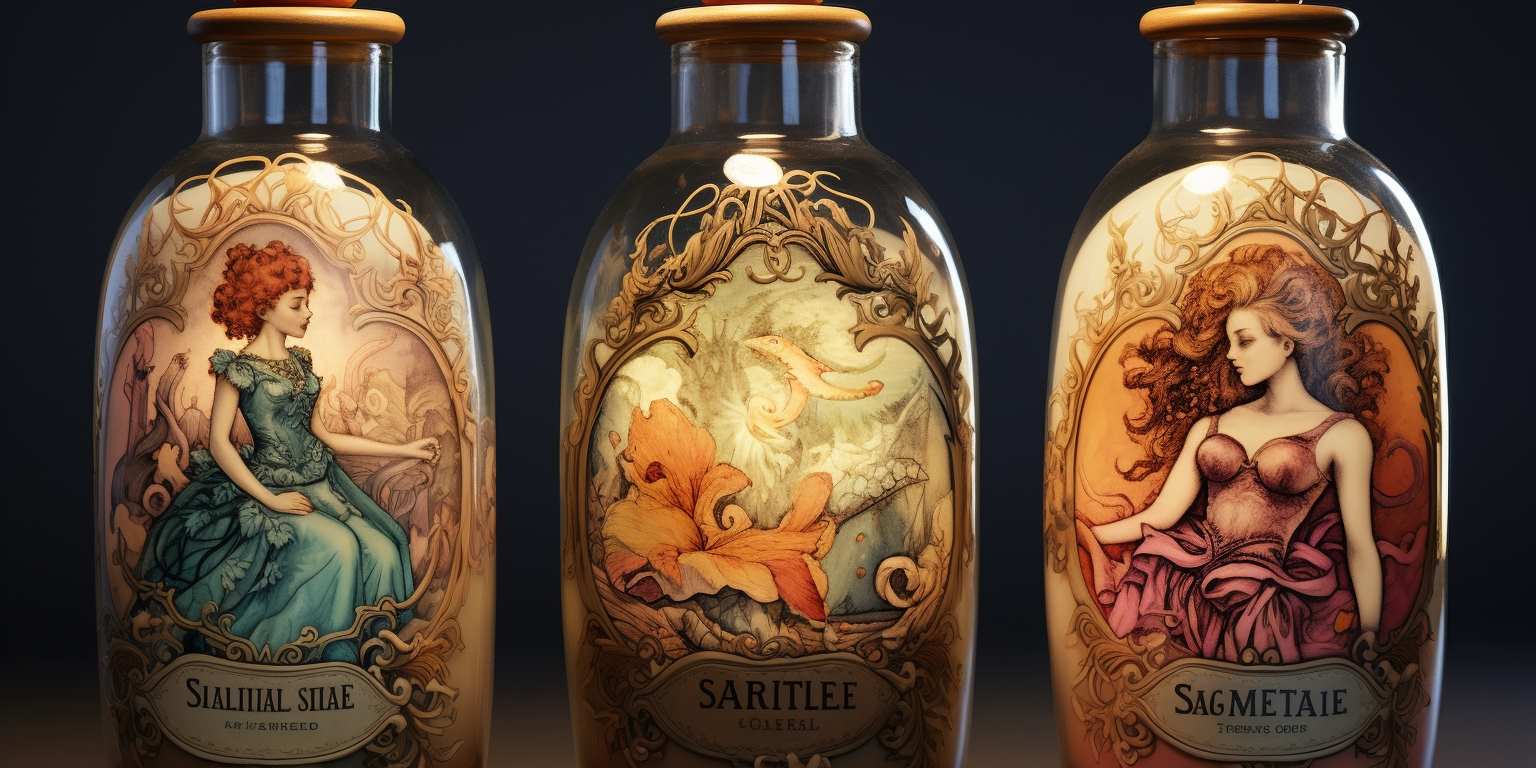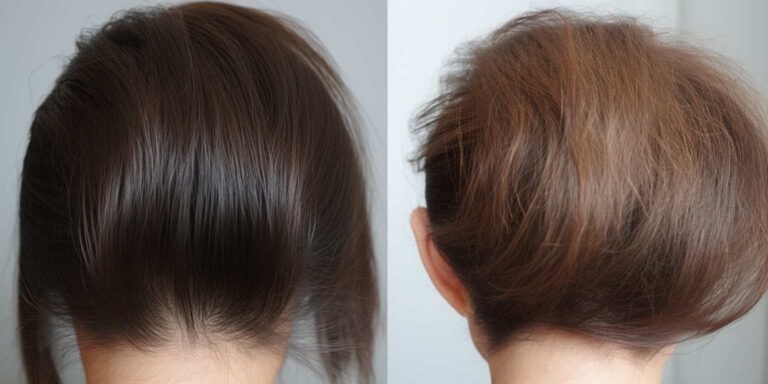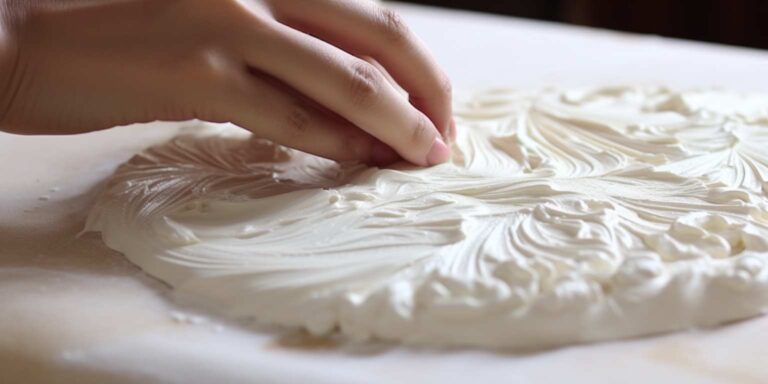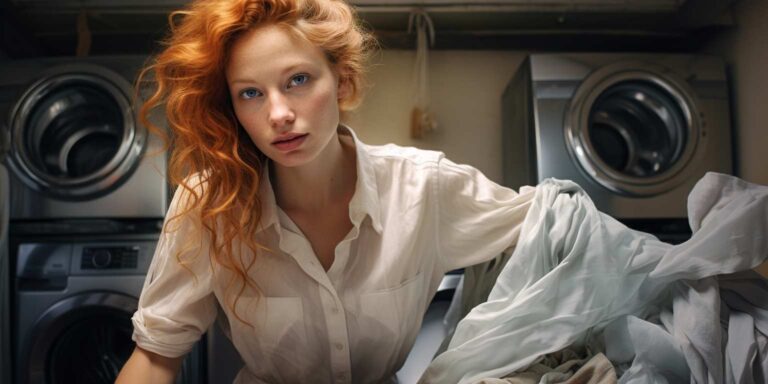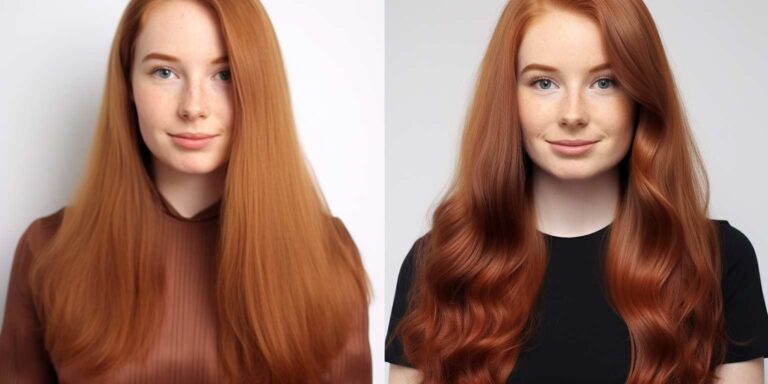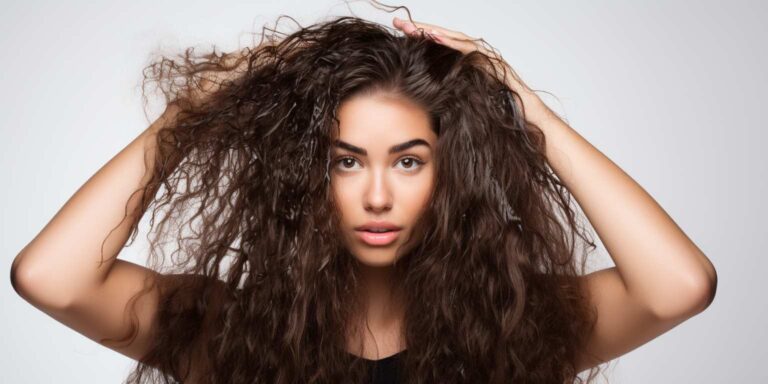Choosing the safest gentle baby shampoo
First and foremost, look for a baby shampoo that is hypoallergenic. This means it’s formulated to minimize the risk of allergic reactions, making it suitable for even the most sensitive skin types. Products with no artificial fragrances or dyes further reduce the likelihood of irritation, keeping your baby’s bath time a pleasant experience.
Another crucial consideration is the use of organic and natural ingredients. Opt for a gentle baby shampoo that boasts no harsh chemicals such as sulfates, parabens, or phthalates. These chemicals can strip the natural oils from a baby’s scalp, leading to dryness and potential skin issues. Natural ingredients like chamomile, aloe vera, and calendula are not only gentle but also offer soothing properties for the delicate skin.
For parents who prefer a tear-free bathing experience, selecting a no-tear formula is paramount. These formulations are designed to be ophthalmologist-tested, ensuring that even if the shampoo accidentally comes in contact with your baby’s eyes, it won’t cause discomfort or irritation.
Consider a baby shampoo that is dermatologist-recommended as an additional assurance of its safety. Products backed by dermatologists have undergone rigorous testing to ensure they meet the stringent standards for baby care. It’s a reliable indicator that the shampoo is gentle on the skin and scalp.
When assessing the safety of a baby shampoo, pay attention to the pH level of the product. The ideal pH for baby skin is slightly acidic, ranging between 4.5 and 5.5. A shampoo with a pH within this range helps maintain the natural balance of the baby’s skin, preventing dryness and irritation.
When navigating the market, keep an eye out for labels that indicate pediatrician-tested or approved. These labels suggest that the product has undergone thorough testing for safety and efficacy, offering you peace of mind as a parent.
Why tear-free infant hair wash is essential
Tear-Free Infant Hair Wash: Ensuring a gentle and soothing experience during bath time for your little one is paramount. When it comes to infant hair wash, opting for a tear-free formula is not just a luxury but a necessity. Here’s why:
Infants have delicate skin and eyes that are particularly sensitive to harsh chemicals and irritants. Traditional shampoos often contain harsh detergents and fragrances that can cause stinging and discomfort if they come in contact with the eyes. This can turn a pleasant bath time routine into a distressing experience for both the baby and the caregiver.
A tear-free infant hair wash, on the other hand, is specially formulated with mild and non-irritating ingredients that are gentle on the skin and eyes. These formulas are designed to effectively cleanse the hair without causing any stinging or tears.
One of the key components of a tear-free infant hair wash is the use of surfactants that are milder and less likely to cause irritation. These surfactants help to lift dirt and oil from the hair and scalp without stripping away natural oils or causing dryness.
In addition to being gentle on the eyes, tear-free infant hair washes are also free from harsh chemicals such as parabens, phthalates, and sulfates that can be found in many traditional shampoos. These chemicals can be absorbed through the skin and may pose health risks, especially for developing infants.
Choosing a tear-free infant hair wash also promotes a positive bath time experience, helping to build trust and comfort between the caregiver and the baby. By using products that are gentle and soothing, bath time can become a cherished bonding moment rather than a source of stress.
When selecting a tear-free infant hair wash, it’s essential to look for products specifically formulated for babies and clinically tested for safety. Reading labels and choosing products with all-natural ingredients can further ensure the gentleness and efficacy of the formula.
The importance of mild baby scalp cleansers
When it comes to baby scalp care, using a mild baby scalp cleanser is of utmost importance. Babies have delicate and sensitive skin, especially on their scalps, which is why choosing the right cleanser is crucial for maintaining their skin health.
A mild baby scalp cleanser is formulated with gentle ingredients that are specifically designed to cleanse the scalp without causing irritation or dryness. Unlike regular shampoos, which may contain harsh chemicals and fragrances, mild baby scalp cleansers are free from sulfates, parabens, and artificial dyes.
One of the key benefits of using a mild baby scalp cleanser is that it helps to prevent cradle cap, a common condition in infants characterized by crusty or oily patches on the scalp. By keeping the scalp clean and moisturized, mild baby scalp cleansers can help to reduce the risk of cradle cap and promote healthy skin.
Moreover, mild baby scalp cleansers are gentle enough for daily use, making them suitable for regular scalp care routines. By incorporating a mild baby scalp cleanser into your baby’s bath time routine, you can help to keep their scalp clean and free from impurities.
When choosing a mild baby scalp cleanser, it’s important to look for products that are specifically formulated for infants and have undergone rigorous testing for safety and efficacy. Reading the ingredient list and opting for products with natural and organic ingredients can also help to ensure that you’re using the best possible cleanser for your baby’s scalp.
Ingredients to avoid in baby shampoos
In the realm of baby care products, choosing the right shampoo for your little one is crucial. While the market is flooded with options, it’s essential to be discerning about the ingredients in baby shampoos. Some ingredients can be potentially harmful to your baby’s delicate skin and hair. Here’s a guide to help you navigate the world of baby shampoos and identify the ingredients you should avoid.
Fragrances: One of the common culprits in baby shampoos is the use of synthetic fragrances. These may give the shampoo a pleasant scent, but they often contain harsh chemicals that can irritate a baby’s sensitive skin and eyes. Opt for fragrance-free options to minimize the risk of allergic reactions.
Sulfates: Sodium lauryl sulfate (SLS) and sodium laureth sulfate (SLES) are foaming agents present in many shampoos. While they create a rich lather, they can also be harsh on a baby’s skin and strip away natural oils. Look for shampoos labeled as SLS/SLES-free to ensure a gentler cleansing experience.
Parabens: These are preservatives commonly used in cosmetics and personal care products. However, some studies suggest that parabens can disrupt hormone function. When choosing a baby shampoo, opt for those labeled paraben-free to minimize potential risks.
Phthalates: Often found in fragrances, phthalates are a group of chemicals that may pose health risks, including developmental issues. Choosing a baby shampoo that explicitly states it is phthalate-free adds an extra layer of safety for your little one.
Formaldehyde-releasing preservatives: Certain preservatives, like diazolidinyl urea and quaternium-15, release formaldehyde over time. Formaldehyde is a known skin irritant and allergen. Check the label for shampoos that explicitly state being formaldehyde-free.
Artificial colors: Brightly colored shampoos may be visually appealing, but the artificial colors used can be derived from petroleum and may cause skin irritation. Opt for baby shampoos that are color-free to avoid potential harm.
Mineral oil: While it’s a common ingredient in skincare, mineral oil can create a barrier on the skin that may hinder natural moisture regulation. Choosing a baby shampoo free from mineral oil ensures that your baby’s skin can breathe and maintain its natural balance.
Natural alternatives for baby hair care
Nurturing your baby’s delicate locks demands gentle care and attention. Natural alternatives for baby hair care offer a safe and effective solution, steering clear of harsh chemicals that may irritate your little one’s sensitive scalp. Let’s explore some organic options that prioritize your baby’s well-being.
Coconut oil: Nature’s elixir, coconut oil is a powerhouse for baby hair care. Rich in vitamin E and healthy fatty acids, it moisturizes and strengthens delicate strands. Massage a small amount onto your baby’s scalp and hair, leaving it overnight for maximum nourishment. Its antimicrobial properties also combat cradle cap, a common scalp condition in infants.
Shea butter: Known for its emollient properties, shea butter is a superb natural moisturizer. It soothes dryness and promotes hair growth, making it an ideal choice for your baby’s tender scalp. Opt for raw, unrefined shea butter to harness its full benefits. Gently massage a small quantity onto your baby’s scalp after bath time for optimal absorption.
| Ingredient | Benefits |
|---|---|
| Olive oil | Moisturizes and strengthens hair |
| Aloe vera | Soothes scalp irritation and promotes hair growth |
| Chamomile | Calms inflammation and adds shine to hair |
Aloe vera: With its cooling and hydrating properties, aloe vera gel is a gentle solution for your baby’s hair care needs. It soothes scalp irritation and promotes healthy hair growth. Ensure to use pure, organic aloe vera gel without added chemicals or fragrances. Apply a small amount to your baby’s scalp and massage it gently to enjoy its benefits.
Chamomile: This soothing herb not only calms your baby but also calms their scalp. Chamomile tea can be used as a rinse after shampooing to alleviate inflammation and add a natural shine to your baby’s hair. Steep chamomile flowers in hot water, let it cool, and then use it as a final rinse. Your baby will appreciate the calming effects, and their hair will thank you for the added luster.
How to bathe your baby safely and effectively
Bathing your baby can be a delightful bonding experience, but it’s essential to prioritize safety and effectiveness. To ensure a safe and enjoyable bath time, follow these guidelines:
1. Gather your supplies: Before starting the bath, make sure you have everything you need within arm’s reach. This includes a clean towel, mild baby soap, a soft cloth or sponge, and a clean diaper.
2. Check the water temperature: Fill the tub with warm water, around 37 to 38 degrees Celsius (98.6 to 100.4 degrees Fahrenheit). Use a thermometer to ensure the water is not too hot or too cold. Test it with your wrist or elbow to verify the temperature is comfortable for your baby.
3. Support your baby: When placing your baby in the tub, use one hand to support their head and neck and the other hand to support their body. Keep a firm grip on your baby at all times to prevent them from slipping under the water.
4. Start with the face: Begin by gently wiping your baby’s face with a damp cloth or sponge. Use plain water or a small amount of mild baby soap to clean their face, being careful to avoid getting soap in their eyes.
5. Wash the body: Use a mild baby soap and a soft cloth or sponge to gently wash your baby’s body, starting from the neck and working your way down to their feet. Pay special attention to the diaper area and any creases where dirt and moisture can accumulate.
| Area | How to Clean |
|---|---|
| Neck | Gently wipe with a soft cloth |
| Diaper Area | Clean thoroughly and pat dry |
| Creases (e.g., armpits, groin) | Ensure to clean and dry to prevent irritation |
6. Rinse thoroughly: After washing your baby, use a cup or gentle spray to rinse off all the soap from their body. Make sure there are no soap residues left, especially in the diaper area.
7. Dry gently: Lift your baby out of the tub and wrap them in a warm, soft towel. Pat their skin dry, paying extra attention to skin folds to prevent irritation and diaper rash.
8. Moisturize if necessary: If your baby has dry skin, you may apply a mild baby lotion after bathing to help hydrate their skin. Choose a fragrance-free and hypoallergenic lotion to minimize the risk of irritation.
Reviewing the top gentle shampoos for babies
Bath time is a cherished ritual, especially when it comes to caring for your little one’s delicate skin and hair. Gentle shampoos for babies are essential to ensure that the cleansing process is nurturing and safe. With a plethora of options flooding the market, it can be overwhelming to choose the right one. To ease your decision-making process, we’ve curated a list of the top gentle shampoos designed specifically for your baby’s needs.
One standout contender in the realm of baby shampoos is Johnson’s Baby Shampoo. Renowned for its mild formula that is free from harsh chemicals, this classic choice has been a staple in many households for generations. Its tear-free formula ensures a fuss-free bath time experience for both baby and parents alike.
Another beloved option is Aveeno Baby Wash & Shampoo. Formulated with natural oat extract, this gentle shampoo is perfect for babies with sensitive skin. Its hypoallergenic and soap-free formula cleanses without drying out the skin, leaving it feeling soft and moisturized.
For parents seeking organic and eco-friendly alternatives, Earth Mama Simply Non-Scents Baby Wash is a fantastic choice. Made with organic herbs and oils, this gentle shampoo is free from artificial fragrances, sulfates, and parabens. Its soothing blend calms irritated skin, making it ideal for babies prone to eczema or dermatitis.
| Shampoo | Key Features |
|---|---|
| Johnson’s Baby Shampoo | Tear-free formula, gentle on eyes, free from harsh chemicals |
| Aveeno Baby Wash & Shampoo | Hypoallergenic, soap-free, contains natural oat extract |
| Earth Mama Simply Non-Scents Baby Wash | Organic, eco-friendly, free from artificial fragrances and sulfates |
Additionally, Cetaphil Baby Wash and Shampoo is a trusted option recommended by pediatricians. Its tear-free formula gently cleanses without drying out the skin, making it suitable for daily use. Fragrance-free and hypoallergenic, it’s perfect for babies with delicate skin.
